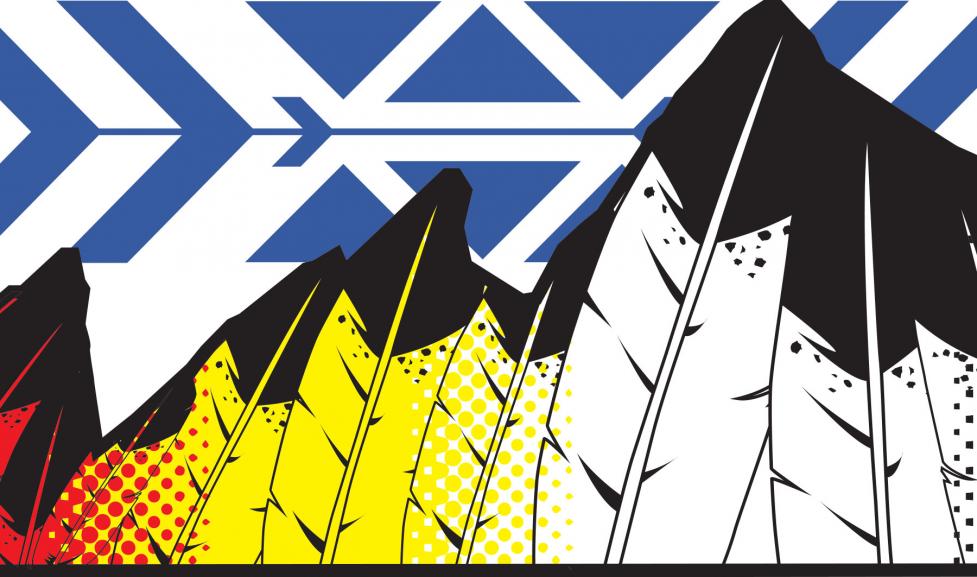History
Indigenous Peoples Day celebrations are part of a national effort to recognize and honor the existence, culture and contributions of the original inhabitants of North America on the day that has been observed as Columbus Day since 1934.
Indigenous Peoples Day celebrations have been adopted by cities and states across the United States. As of 2022, 14 states and more than 130 cities celebrate Indigenous Peoples Day instead of or in addition to Columbus Day. For the last seven years, the City of Boulder and community organizations have worked together to host annual events and festivities to promote knowledge about Indigenous Peoples and honor the city’s Indigenous Peoples Day Resolution.
Indigenous Peoples Day in Boulder
In 2016, the Human Relations Commission and community members drafted the Indigenous Peoples Day Resolution (Resolution No. 1190), which was presented at the Aug. 2, 2016, Boulder City Council meeting and adopted by the City of Boulder. It declared the second Monday of October of each year to be Indigenous Peoples Day.
The work community members and the HRC did to create the resolution set a critical foundation for the City of Boulder to reckon honestly with its past and how the city can honor and serve Indigenous communities in the future. The resolution acknowledges that:
- The Boulder area encompasses ancestral homelands of Indigenous Peoples’ Nations.
- Indigenous People in Boulder have, as in all parts of the Americas, endured centuries of cruelty, exploitation and genocide.
- Facing and acknowledging our past, good as well as bad, makes our community stronger and more resilient.
- Boulder has benefited directly from Indian removal policies that violated human rights, broke government treaties and forced Indigenous People from their homeland.
- Those now living on these ancestral lands recognize that harm was done and acknowledge that we have a shared responsibility to forge a path forward to address the past and continuing harm to the Indigenous People and the land.
Beyond celebrating Indigenous Peoples Day in Boulder, the Indigenous Peoples Day Resolution specifically directs the city to:
- Correct omissions of the Native American presence in public places, resources and cultural programming.
- Work to implement “accurate curricula relevant to the traditions, history and current issues of Indigenous People inclusive of and as part of our shared history.”
The City of Boulder is collaborating with American Indian Tribal Nations to help fulfill that community direction by creating education and interpretation materials that provide accurate, truthful Indigenous Peoples’ stories – both past and present. Recently, the city collaborated with Tribal Nations to rename “Settler’s Park” to “The Peoples Crossing” to help fulfill part of the Indigenous Peoples Day Resolution. The city resolution has helped to guide other city work, including a city staff land acknowledgement and its Fort Chambers / Poor Farm Management Plan.
Celebration Overview
Indigenous Peoples Day celebrations take place on the second Monday of October. For the past few years, hundreds of community members have participated in celebration activities including dances, poetry, teach-ins, film screenings and performances to celebrate Indigenous Peoples Day.
